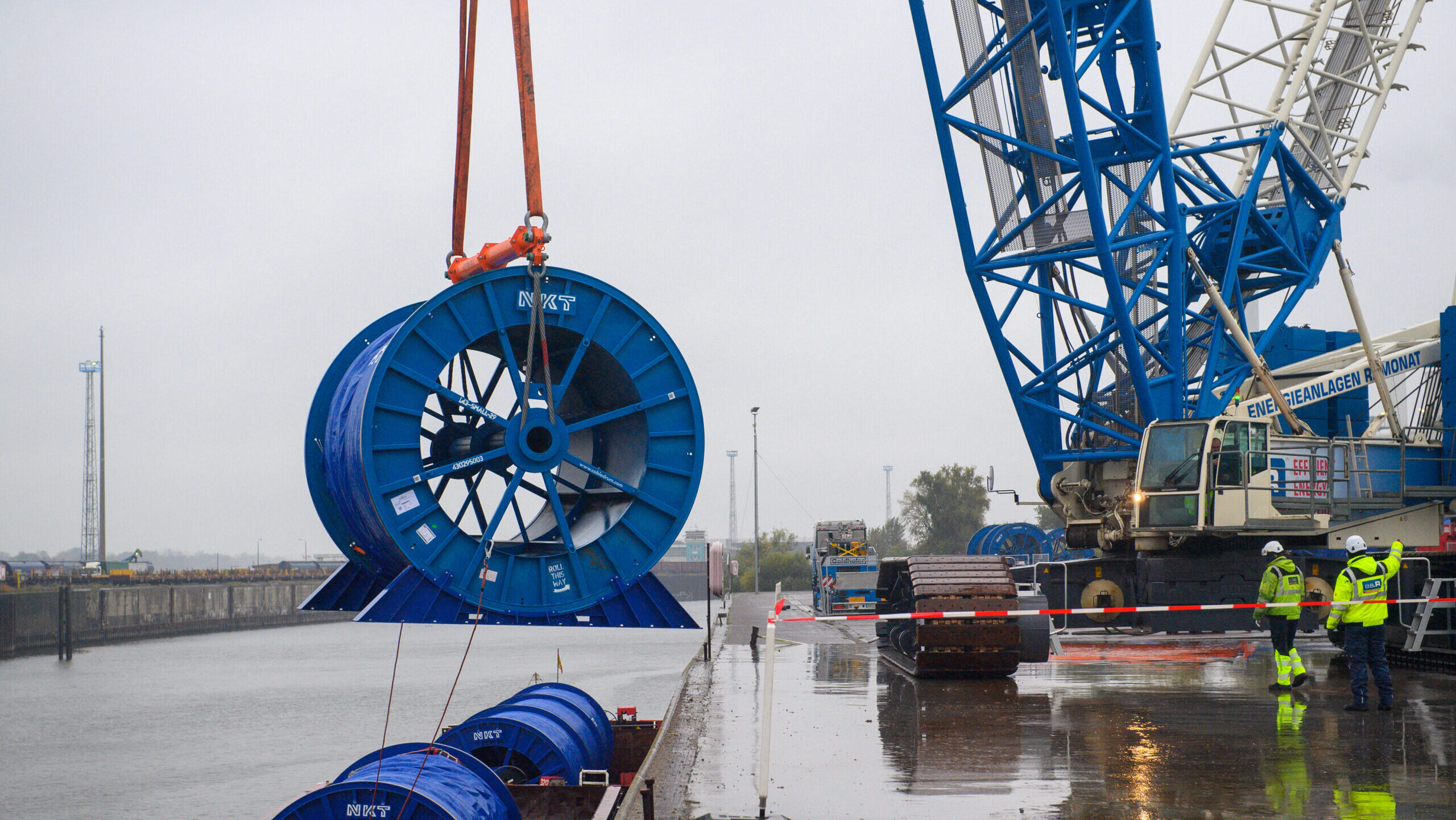Cyprus, Greece Make Progress on Europe-Middle East High-Speed Cable Network – The Media Line

Cyprus and Greece have made progress in talks regarding the creation of a high-speed electric cable network that will connect Europe to the Middle East across the Mediterranean seabed, a Cypriot official announced on Tuesday. The project, known as the Great Sea Interconnector (GSI), aims to link the transmission networks of Greece via Crete, Cyprus, and eventually Israel, with an estimated cost of €2.4 billion ($2.67 billion). Up to the point where it reaches Cyprus, the cost is projected at €1.9 billion.
When completed, the Great Sea Interconnector will become the world’s longest and deepest high-voltage direct current (HVDC) interconnector, stretching 1,240 kilometers and reaching depths of 3,000 meters. The European Union has expressed willingness to partially finance the project, which is expected to be finished by around 2030.
However, the ambitious initiative could face challenges due to the complex patchwork of overlapping jurisdictional claims in the Mediterranean, involving Greece, Cyprus, and regional rival Turkey. Cyprus has been seeking clarity on its financial contributions and the potential impact of “geopolitical risks,” such as Turkish opposition, which could lead to delays and additional costs.
“Consultations among the parties continued in recent days, and there has been progress,” said Yiannis Antoniou, the deputy government spokesperson for Cyprus. Antoniou indicated that the matter might be discussed in a cabinet meeting later on Tuesday and during a meeting between Cypriot President Nikos Christodoulides and Greek Prime Minister Kyriakos Mitsotakis in Athens on Thursday.
Related
Zelenskyy reiterates call for air truce after huge Russian attack…
We need Russia to stop attacks, Zelenskyy says, backing calls for truce in air, at seaUkrainian president Volodymyr Zelenskyy has responded to overnight attacks
Europe scrambles to rearm as Trump threatens security guarantees and…
CNN — European leaders have vowed to rearm the continent at historic emergency talks h
Russia launches ‘massive’ attack on Ukraine after Europe rushes to…
Ukraine's energy and gas infrastructure came "under massive missile and drone shelling" by Russia on Friday, a Ukrainian minister said."The energy and gas infra
American severance may be averted, but Europe’s leaders must fear…
With a mixture of regret, laced with incredulity, European leaders gathered in Brussels to marshal their forces for a power struggle not with Russia, but with t












